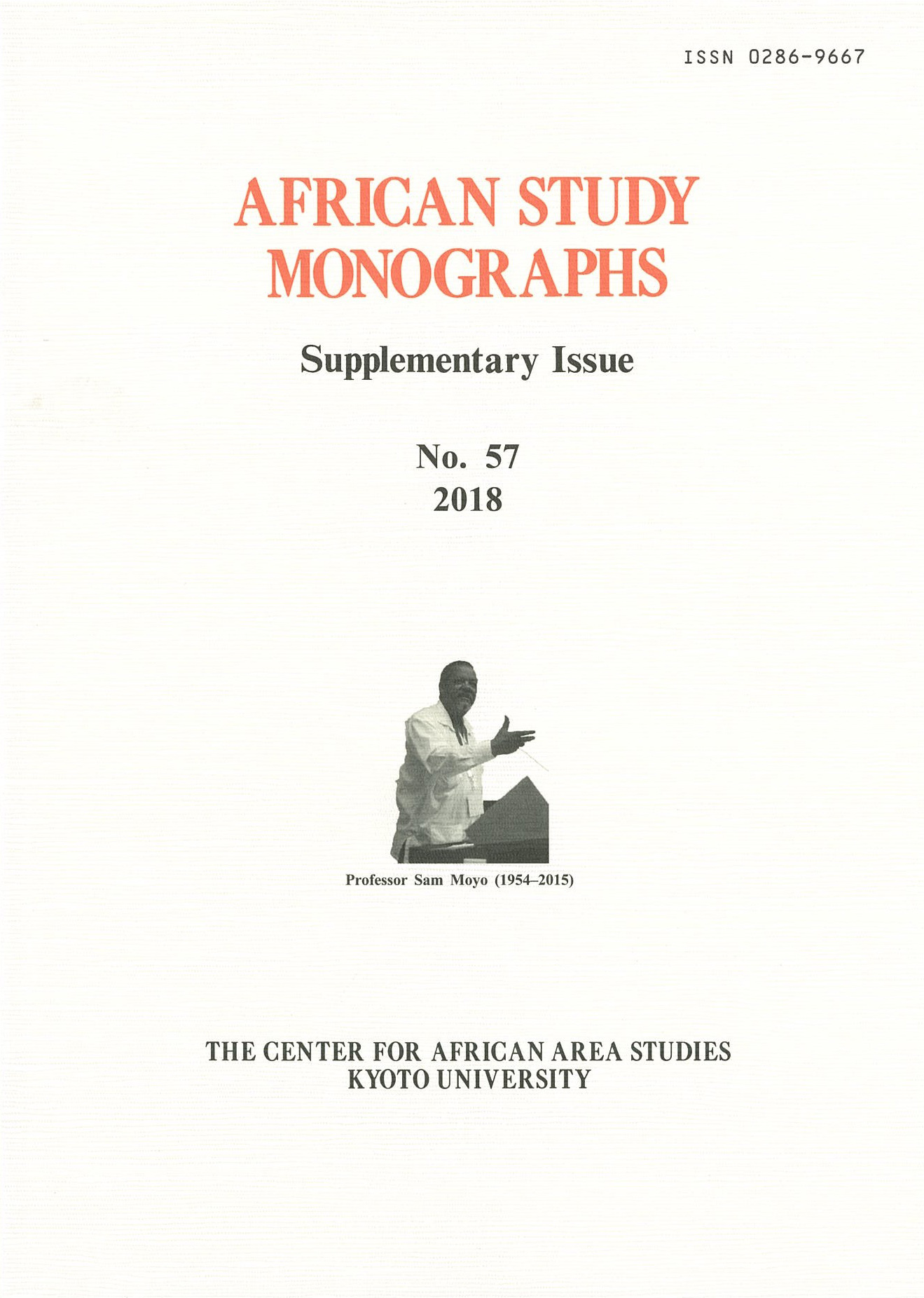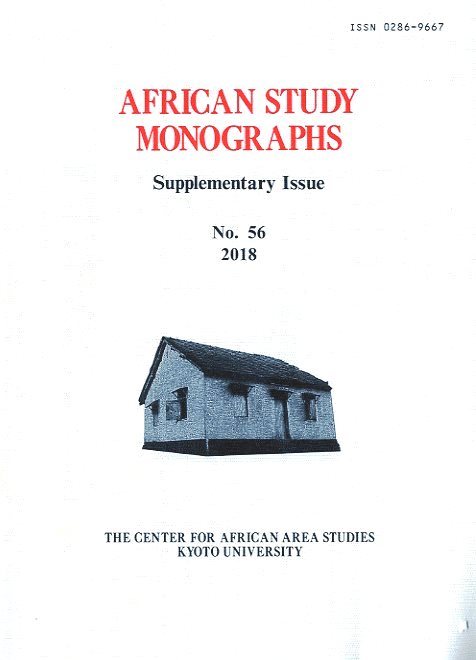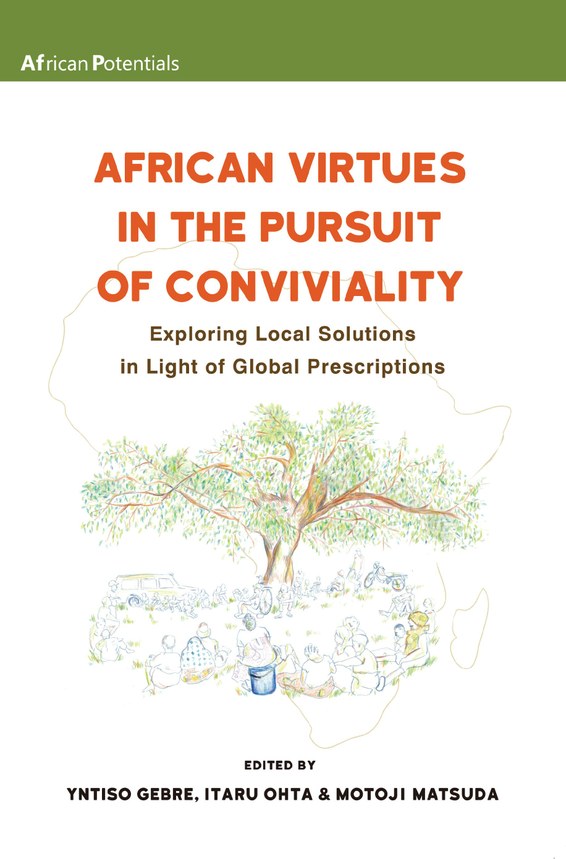Date and Time: June 20, 2020 (Saturday), 15:10 – 17:00
Venue: held as a video conference
First, the secretariat provided information about the progress made toward publishing the project outcome and future project schedule.
This was followed by a workshop reporting on the activities of the Gender and Sexuality Unit. Wakana Shiino (Tokyo University of Foreign Studies), the leader of the Gender and Sexuality Unit, acted as the moderator. After she explained the purpose of the session, two participants presented their research. Eri Hashimoto (Rikkyo University) commented on the first presentation, and Kaori Miyachi (Saga University) commented on the second. After the final discussion, project leader Motoji Matsuda (Kyoto University) made a general comment.
The presenters, titles, and contents of the presentations are as follows.
Presenter 1: Yumi Kamuro (Kumamoto University)
Title: Potential in the Clothing Behaviour of the Namibian Herero People: A Case Study of Colonial Encounters and Fashionable Refinement
Abstract: The presenter analyzed how Namibian Herero women adopted the long dresses of German settlers, who tried to massacre the Herero, and continue to refine the style. In their daily lives, these women have never asked why they wear the dresses of German immigrants but have pursued the Herero-like beauty of “how they wear them,” i.e., the types of long dresses, how to get them, how to choose the cloth, how to make them, and how to wear them. To become a Herero woman, one must embody the different ways of wearing long dresses. Herero women have not continued to choose and wear German dress out of inertia but have continued to modify it to suit the times, exercising flexible creativity as “Herero style.”
Presenter 2: Yukio Miyawaki (Osaka Prefecture University)
Title: Recent Research Trends on Female Genital Mutilation: What Are the Issues and How Are They Discussed?
Abstract: The presenter discussed Female Genital Mutilation/Cutting (FGM/C) in recent years and clarified its problems. FGM/C has been discussed as a health and human rights issue. There is a lack of medical research on FGM/C as a health problem, suggesting that some types of FGM/C do not significantly impact health. FGM/C as a human rights issue has been criticized from the standpoint of cultural relativism. Moreover, in recent years, WHO’s double standards have been pointed out, such as the widespread acceptance of male circumcision and female genital cosmetic surgery, which are closely related to FGM/C. The presenter also argued that, while WHO places all FGM/C in a single category, researchers should dismantle this categorization and situate FGM/C within their local contexts, then propose measures such as the medicalization of FGM/C and alternative values.



